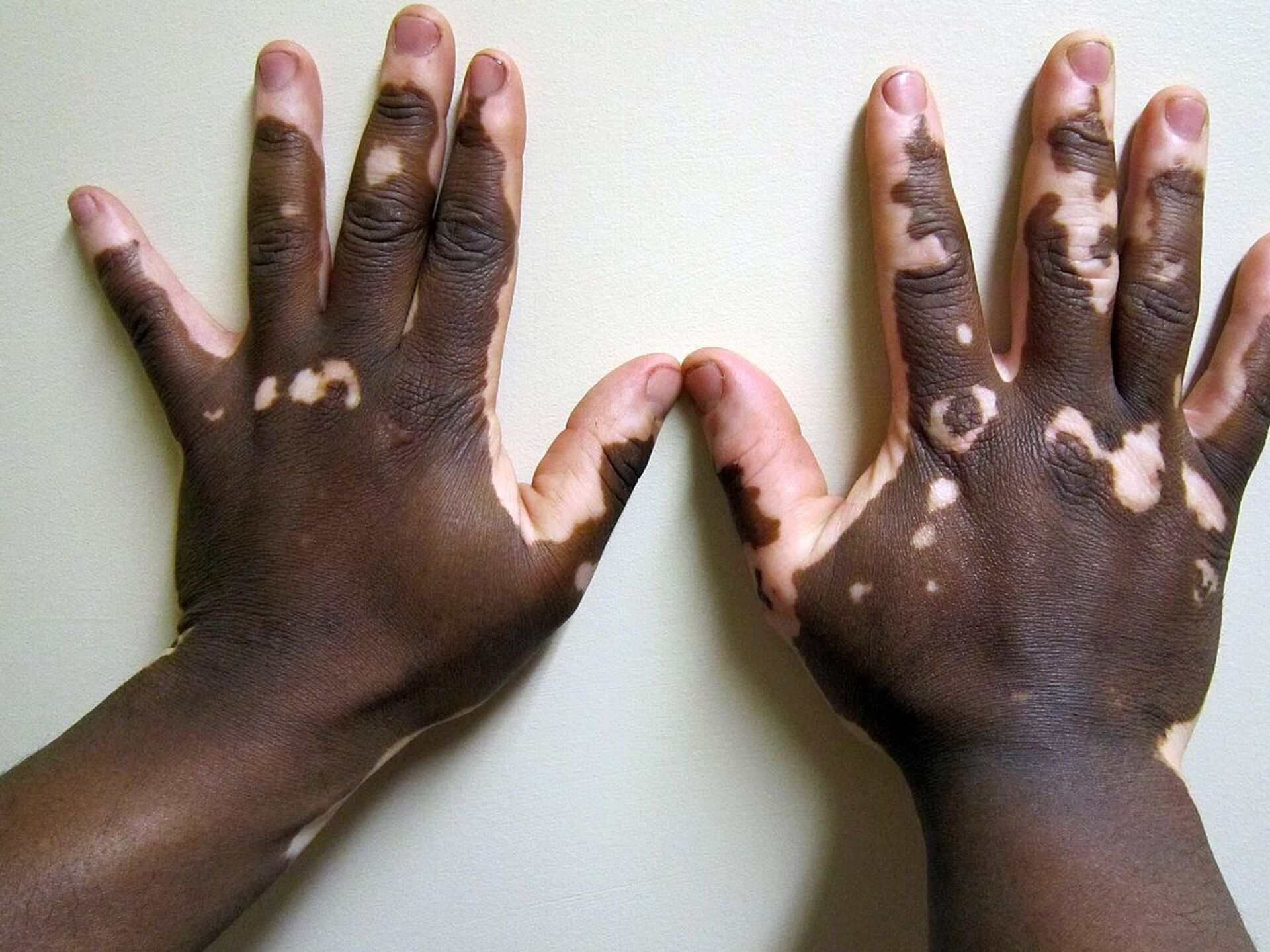World Vitiligo Day

In many cultures, skin color is a significant marker of identity. This is especially true in cultures where there is a history of racial segregation or discrimination.
For instance, In the United States, skin color has long been used to define who is considered "black" or "white."This has profoundly impacted the lives of African Americans, who have often been marginalized and discriminated against because of their skin color.
Similarly, Vitiligo - a chronic skin condition that causes depigmentation, ultimately paints a different picture to society - one that challenges societal norms.
Therefore, on the occasion of World Vitiligo Day on June 25 a comprehensive understanding of the condition is provided to raise awareness about vitiligo.
The goal of World Vitiligo Day is to increase understanding and acceptance of vitiligo and to provide support to those who are affected by the condition.
The date of World Vitiligo Day was chosen to commemorate the birthday of Michael Jackson, who was open about his struggles with vitiligo.
Jackson's decision to speak out about his condition helped to raise awareness of vitiligo and to reduce the stigma associated with it.
Vitiligo affects people of all ages, genders, and ethnic backgrounds. It occurs when the cells that produce melanin, the pigment responsible for skin color, are destroyed, resulting in depigmented patches on various parts of the body.
According to experts, there is no cure for vitiligo, but there are treatments that can help to reduce the appearance of depigmented patches. These treatments include:
Topical medications, such as corticosteroids and tacrolimus.
Light therapy, such as ultraviolet B (UVB) therapy and narrowband UVB therapy.
Surgery, such as skin grafting or micro-pigmentation.
For anybody struggling with vitiligo, below are things you can do to help manage the condition and cope with the emotional challenges:
Talk to a therapist or counselor: Talking to a therapist or counselor can help you to understand your feelings about vitiligo and to develop coping mechanisms.
Join a support group: There are many support groups for people with vitiligo. These groups can provide you with a sense of community and support.
Educate yourself about vitiligo: The more you know about vitiligo, the less likely you are to feel scared or confused about it. There are many resources available online and in libraries.
Focus on your strengths: Everyone has strengths and weaknesses. Vitiligo is just one part of who you are. Focus on your strengths and let your personality shine through.
Tags: World Vitiligo Day Signstv Micheal Jackson


